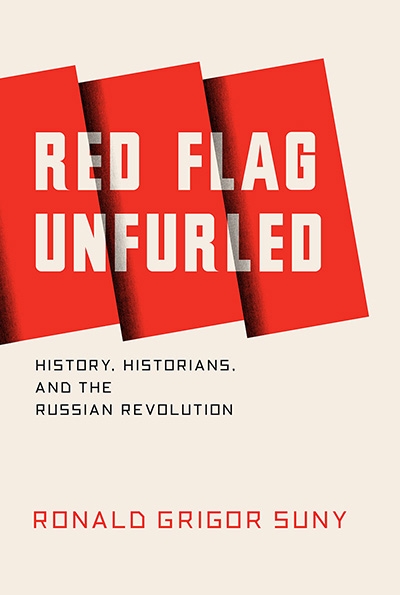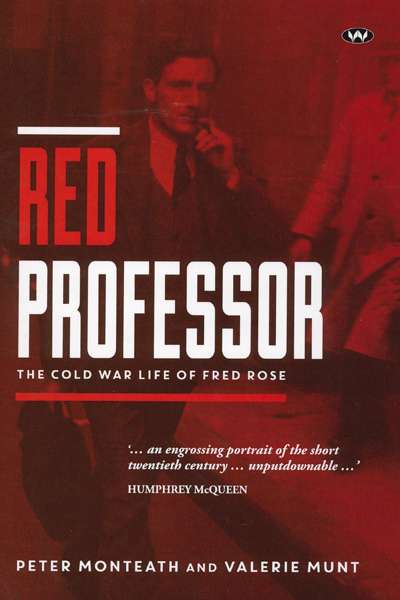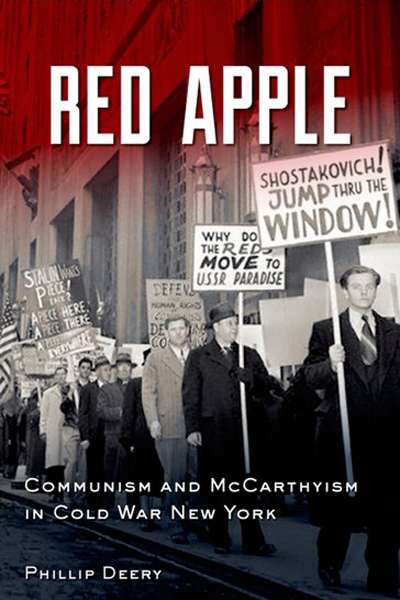Accessibility Tools
- Content scaling 100%
- Font size 100%
- Line height 100%
- Letter spacing 100%
Sheila Fitzpatrick
The ABR Podcast
Released every Thursday, the ABR podcast features our finest reviews, poetry, fiction, interviews, and commentary.
Subscribe via iTunes, Stitcher, Google, or Spotify, or search for ‘The ABR Podcast’ on your favourite podcast app.
‘Where is Nancy?’ Paradoxes in the pursuit of freedom
by Marilyn Lake
This week on The ABR Podcast, Marilyn Lake reviews The Art of Power: My story as America’s first woman Speaker of the House by Nancy Pelosi. The Art of Power, explains Lake, tells how Pelosi, ‘a mother of five and a housewife from California’, became the first woman Speaker of the United States House of Representatives. Marilyn Lake is a Professorial Fellow at the University of Melbourne. Listen to Marilyn Lake’s ‘Where is Nancy?’ Paradoxes in the pursuit of freedom’, published in the November issue of ABR.
Recent episodes:
Red Flag Unfurled: History, historians, and the Russian Revolution by Ronald Grigor Suny
To celebrate the best books of 2017 Australian Book Review invited nearly forty contributors to nominate their favourite titles. Contributors include Michelle de Kretser, Susan Wyndham, James Ley, Geordie Williamson, Jane Sullivan, Tom Griffiths, Mark Edele, and Brenda Niall.
... (read more)Jolley Prize, Fay Zwicky (1933-2017), Miles Franklin Award shortlist, Porter Prize, Conversational Calibre, Memoirs of historians, Philip Roth ...
... (read more)Originally published in German, Albrecht Dümling’s The Vanished Musicians: Jewish refugees in Australia (Peter Lang), a fascinating compendium of Jewish musicians who found refuge in Australia in the 1930s and 1940s, is now available in Australian Diana K. Weekes’s excellent translation ...
... (read more)







